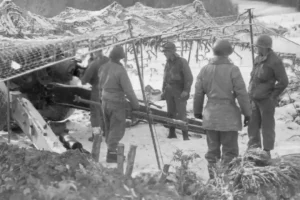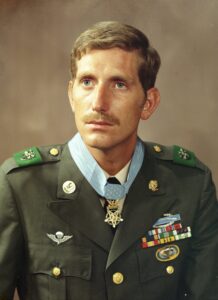Congress authorizes a wartime hospital for the Continental Army (Birthday of the Army Medical Corps and Army Medical Department).
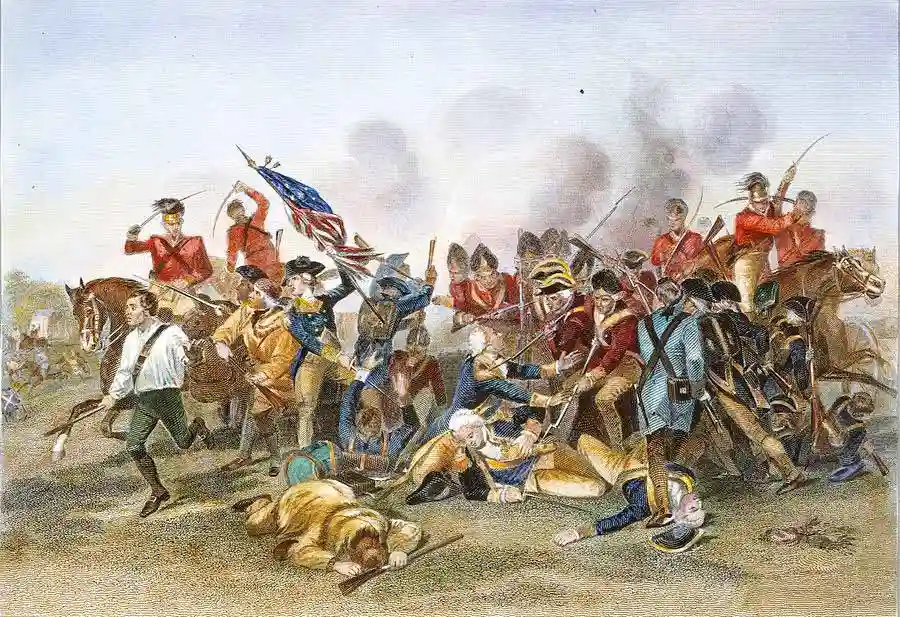
Continental and militia troops under Major General Horatio Gates are routed by British forces at Camden, South Carolina.
The Treaty of Greenville is signed at Fort Greenville, in what is now Ohio. The treaty requires British forces withdraw entirely to Canada.
Colonel William S. Harney, with 600 soldiers of the 2d Dragoons, 6th Infantry, 10th Infantry, and 4th Artillery, attacks the Sioux village of Little Thunder on Blue Water Creek, Nebraska Territory. His forces kill eighty-six Indians and capture seventy women and children, at the cost of four soldiers killed, seven wounded, and one missing.
Major Albert J. Myer is named the Union Army’s first Signal Officer (Birthday of the Signal Corps).
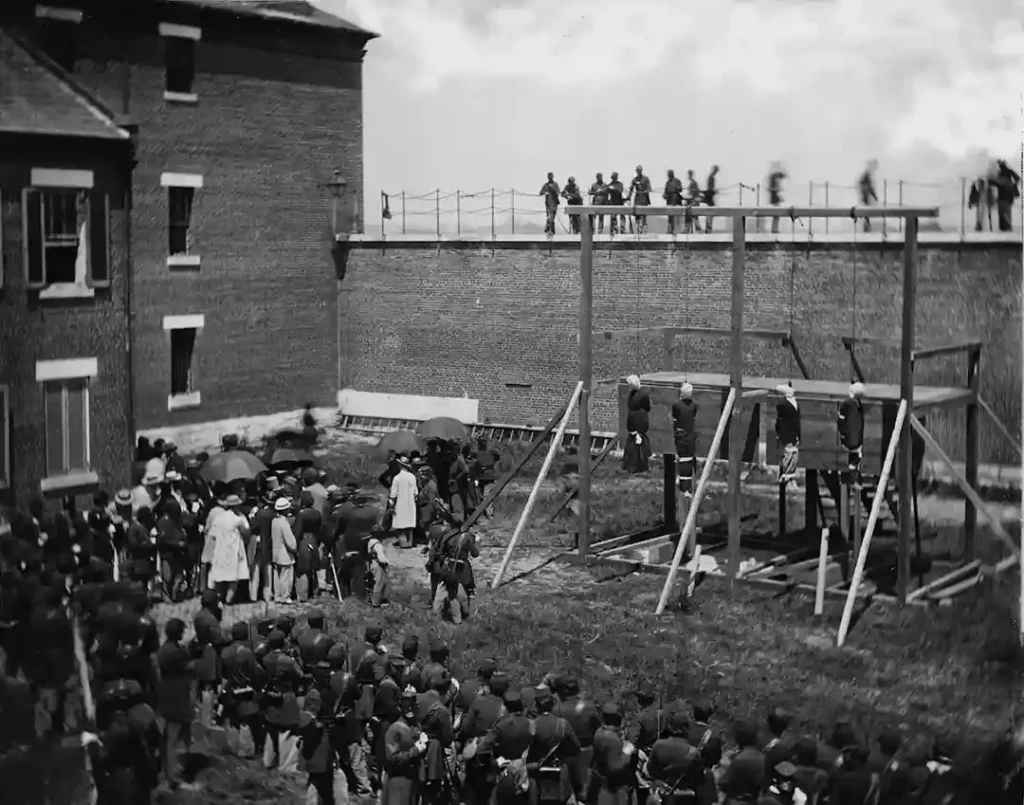
Four convicted conspirators—Mary Surratt, Lewis Paine, David Herold, and George Atzerodt—in the assassination of President Abraham Lincoln are executed by hanging at the Washington Arsenal in Washington, DC.
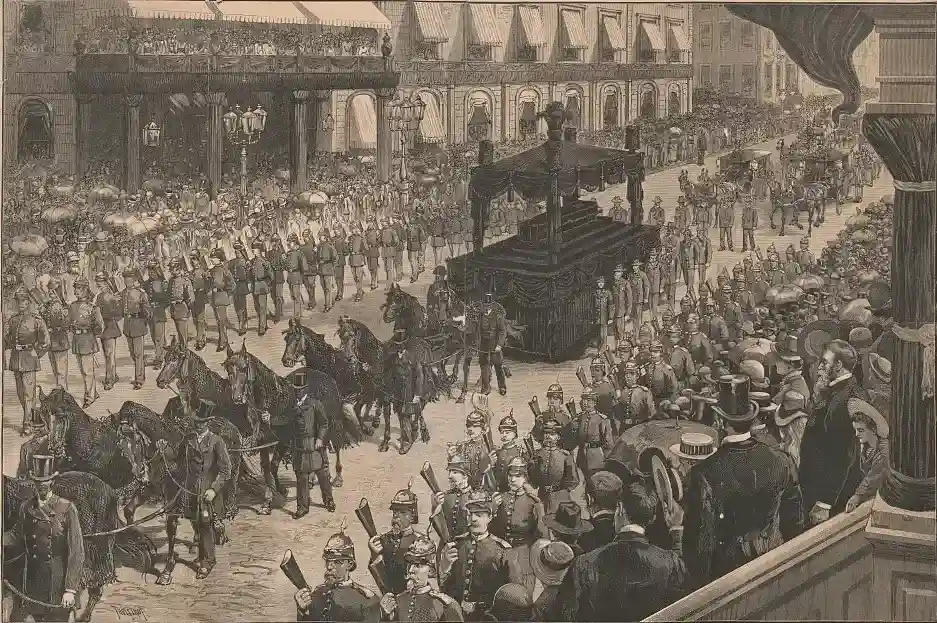
Former President and General Ulysses S. Grant dies in Mount McGregor, New York.
The Post of San Antonio, Texas, is redesignated Fort Sam Houston, in honor of Sam Houston’s prominent role in Texas history.
The Boxer siege of Peking, China, is broken by an international contingent of troops, including elements from the U.S. Army and U.S. Marine Corps.
Lieutenant Jacob E. Fickel fires an M1903 Springfield rifle from a plane at Sheepshead Bay, New York, the first Army test of an armed aircraft.
The 27th Infantry Regiment is deployed to Texas City, Texas, to assist in disaster relief after the city suffers heavy flooding.

Watching World War II grow in intensity, the federal government implements the first peacetime draft with President Franklin Roosevelt’s signing of the Selective Service and Training Act of 1940.
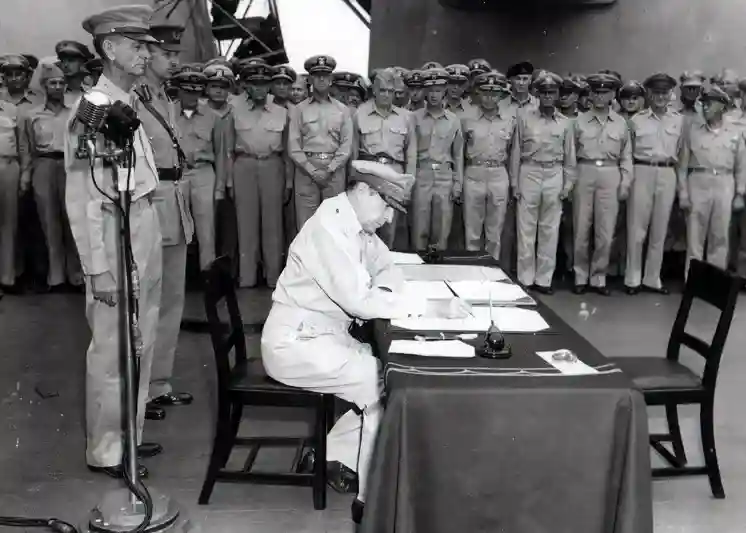
Instruments of Surrender are signed aboard the USS Missouri in Tokyo Bay, bringing a close to World War II.
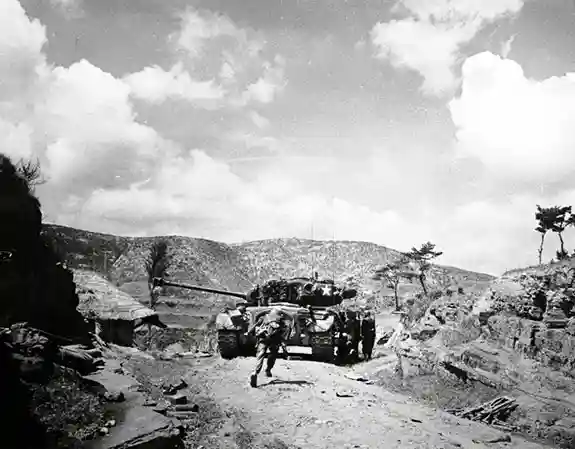
Lieutenant General Walton Walker, commander of the U.S. Eighth Army, issues his “Stand or Die” order while desperately defending the Pusan Perimeter in the Korean War.
The Army begins withdrawing from Austria, the last nation in Europe occupied by the United States after World War II.
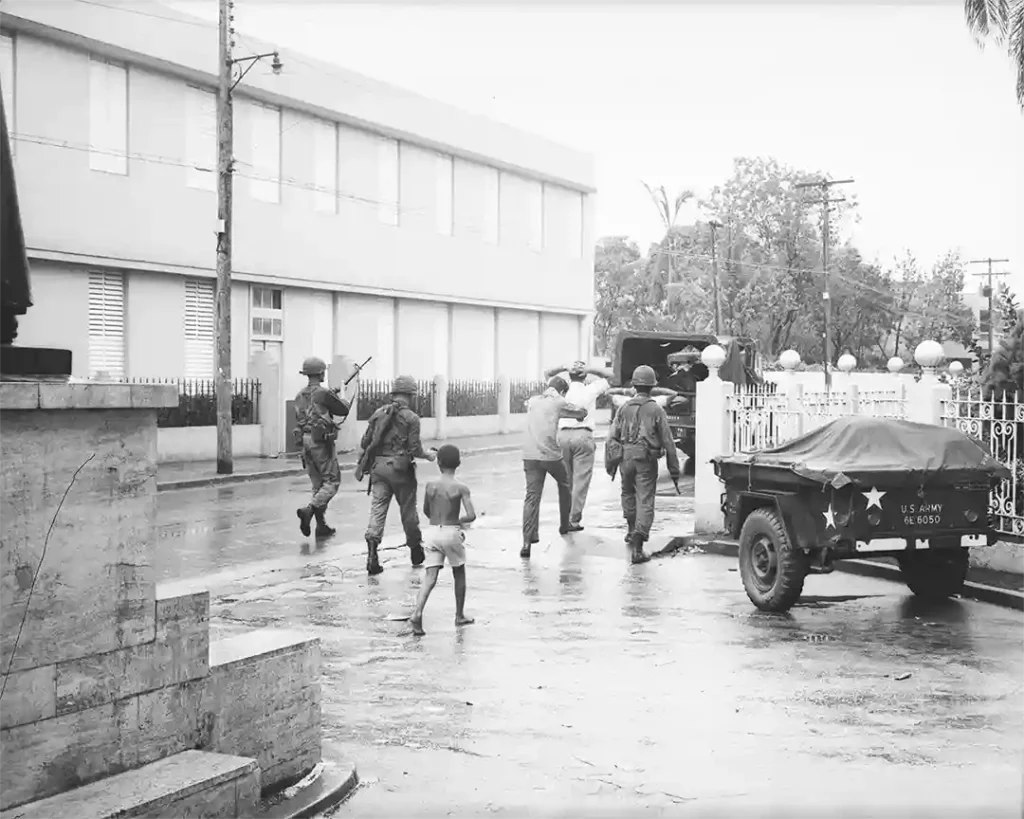
The establishment of a provisional government in the Dominican Republic is followed by withdrawal of U.S. intervention forces.
All U.S. forces in Cambodia withdraw back into South Vietnam, ending the Cambodian incursion for American units; South Vietnamese forces continue operating in Cambodia until December.
Army Strategic Defense Command, now Army Space and Missile Defense Command, is established.
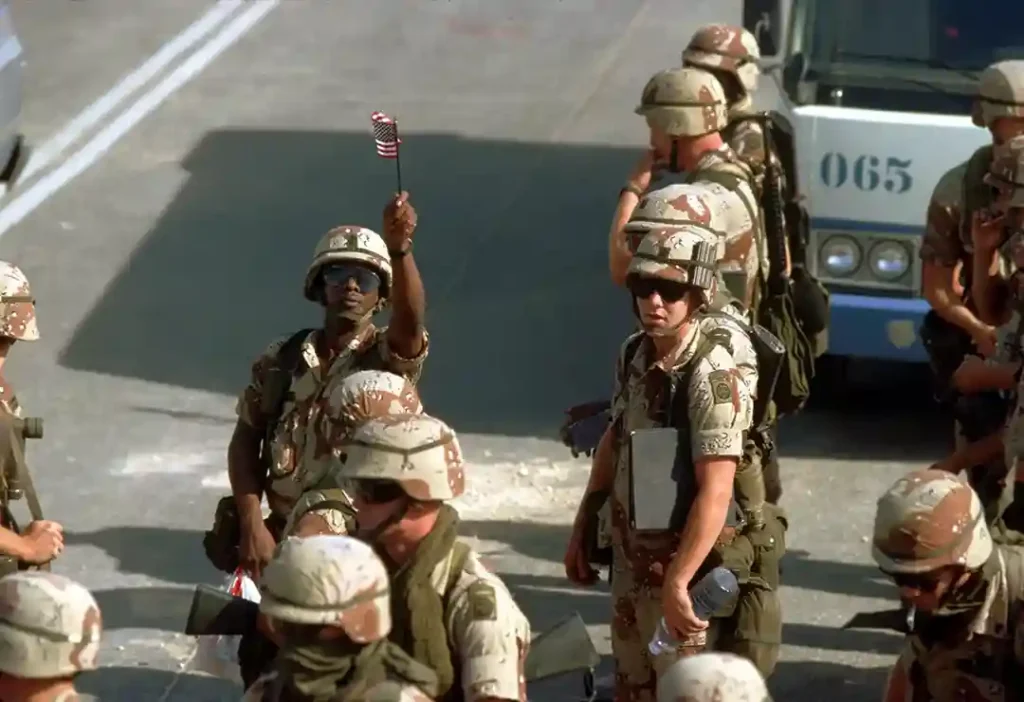
Iraqi forces invade Kuwait. U.S. forces, including elements of the 82d Airborne Division, are soon rushed to Saudi Arabia as part of Operation DESERT SHIELD and the Defense of Saudi Arabia Campaign.

Joint Task Force Katrina is established in the wake of Hurricane Katrina devastating the Gulf Coast.
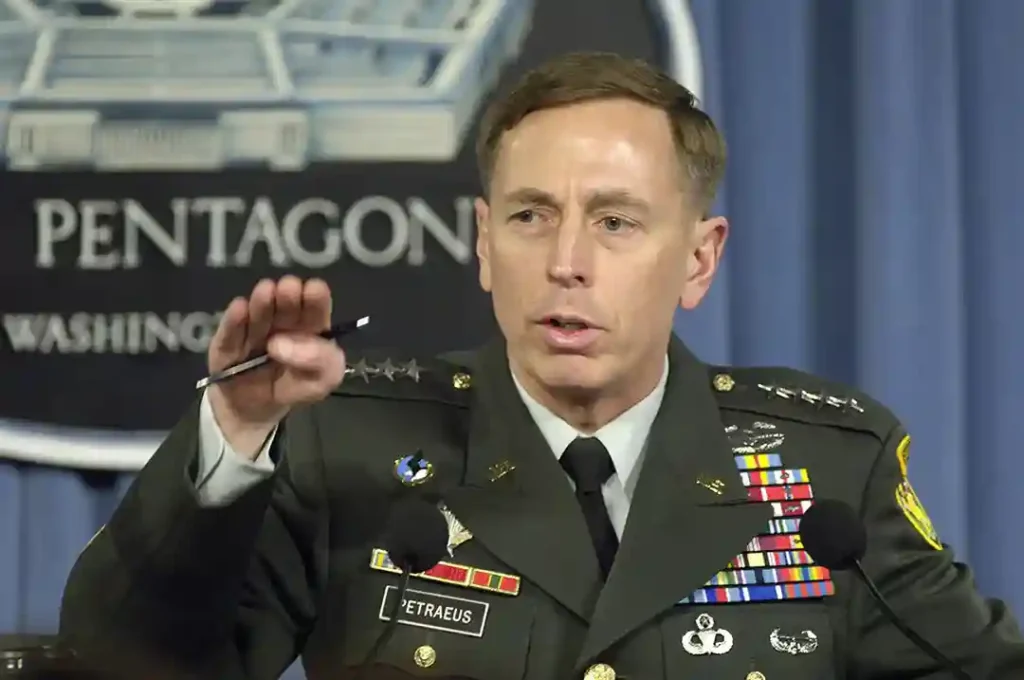
General David H. Petraeus assumes command of NATO’s International Security Assistance Force in Afghanistan.
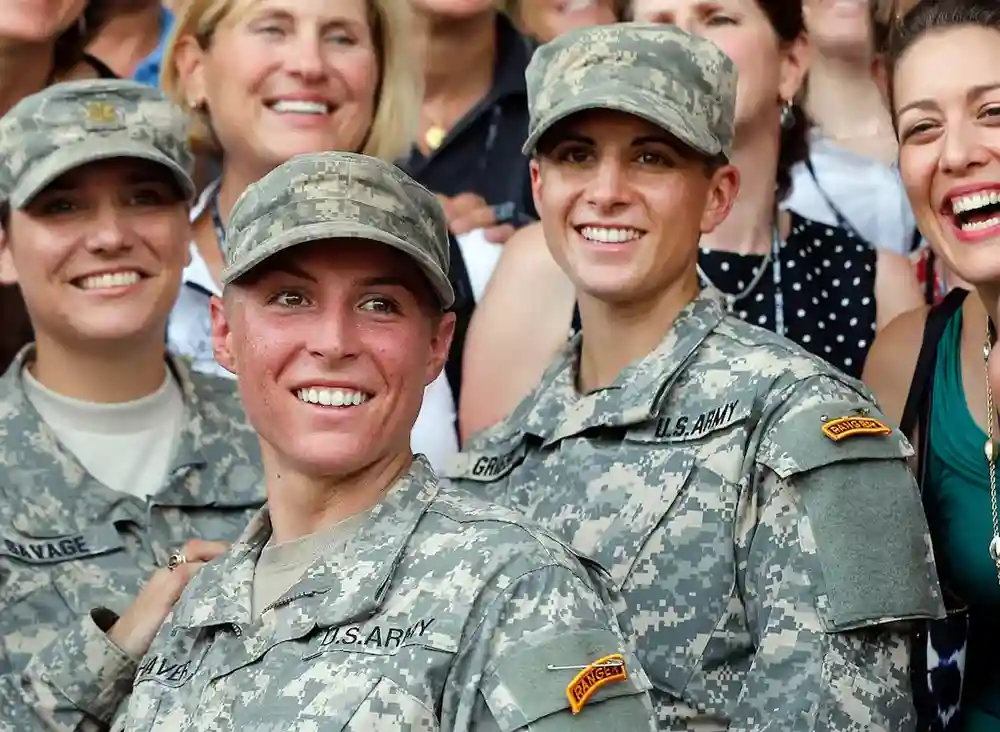
Ranger Class 08-15 graduates from Ranger School at Fort Benning, Georgia. Among the graduates are Captain Kristen Griest and First Lieutenant Shaye Haver, the first females to graduate from Ranger School.
